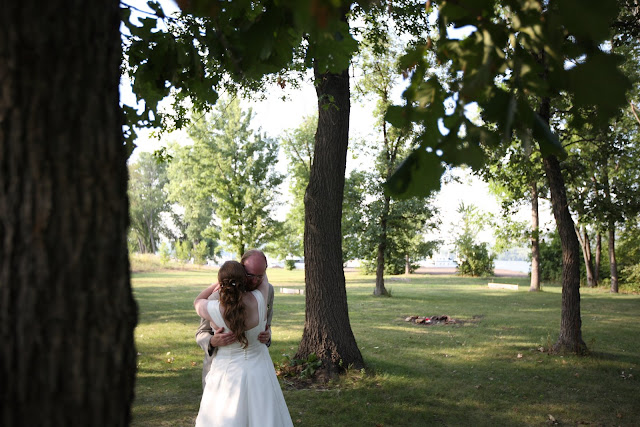on "talking about race with students"

On a Tuesday night (OK, last night) in Minnesota (but the photo is from a Texas trip, so please forgive me; it's for effect), eighty-two educators in Minnesota met at Bad Weather Brewing Company to participate in a discussion hosted by two Minnesota teachers, high school social studies and junior high English, respectively, called "Talking About Race With Students." Importantly, there was no How to in the title.
Tom and Colleen, our hosting pair, tented the brew-tables into age groupings: K-2, 3-5, 6-8, and on. The elementaries in the audience circled up, shoving tables to walls, and I sat next to the incoming principal at JJ Hill Montessori, the school at which Mr. Phil, as he was called there, worked.
In our small group, we were invited to use Four Agreements from Pacific Education Group (a concept new to me) in our conversations, we were given suggested roles, three questions to get us started (What are the Worries we have about Race Conversation in class, and how do we address them?, What are the biggest Challenges to having these conversations, and how do we work through them?, and What are the biggest Barriers we face, and how do we overcome them?), some information to consider, and final questions (What will you remember about today's discussion? and What will you do next?).
I took on the role of scribe because this is what I do, and I do this in turbo-mode every day at the training center, but it also forces me to listen rather than natter on, and that's so crucial to these kinds of conversations, especially for me. (I was asked to speak when we shared out, since I wrote, but I demurred, citing that I am a Montessori teacher, and we don't speak a great deal in the classroom--we are, after all, meant to step back more so than in a standard classroom in order that the children engage with the materials and one another--observation is a huge tool, and we use that for a nuanced and subtle guiding in our classroom, one that is especially important when we have these purposeful and time-tested materials to use.)
I also was, in some senses, representing a small cluster of my classmates who wanted to go but couldn't (self-care being key to surviving the boot camp of Montessori training).
This is what I sketched out, for better or worse:
In the full group share-out, there were great dips into topics that could be explored further:
This is part of an important and never-ending discussion. This is a hard discussion and we need to be brave enough to ask questions and try to get answers--we need to educate ourselves and show up. We need to listen. And we need to not pretend it's not an issue that our children, our students face constantly.
Much gratitude for last night's space and time to let it percolate and to bring me one step along in my own journey. As always, more to come.



Comments
Post a Comment